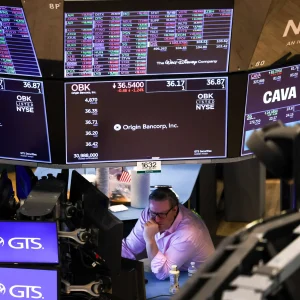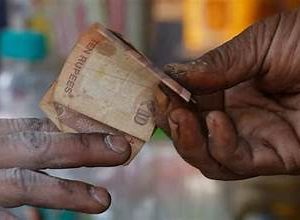By Administrator_India
Tata Motors is looking to increase prices of its entire range of passenger vehicles from next week as it aims to offset the steep rise in procurement cost of essential materials like steel and precious metals, as per a top company official.
The Mumbai-based auto major sells a range of passenger vehicles like Tiago, Nexon, Harrier and Safari in the domestic market.
“We have seen a very steep increase in the prices of steel and precious metals over the last one year. The financial impact of the increase in commodity prices is in the range of 8-8.5 per cent of our revenues in the past one year,” Tata Motors President Passenger Vehicles Business Unit (PVBU)Shailesh Chandra told PTI.
He noted that the company has been able to pass on only a small part of the increase in input costs to the customers so far.
“From the company realisation perspective, we have passed on only 2.5 percent. From an ex-showroom perspective this would be around 3 percent, so there is a big gap to the extent of increase that has happened (in the input costs) and what we have been able to pass on to the market,” Chandra said.
He noted that the company has been able to mitigate some of the impact of rising input costs by running various cost reduction initiatives as it wanted to avoid passing on a big quantum of price hike to customers.
“But with the gap still remaining and the prices of essential commodities still remaining high, we are now forced to take a price hike from next week,” Chandra noted.
He added that the company is currently in the process of working out the details of the increase in each model/trim.
Prices of precious metals like rhodium and palladium have gone up significantly over the last one year. Steel prices have also remained high during the period.
Earlier this month, the country’s largest carmaker Maruti Suzuki India hiked prices of hatchback Swift and CNG variants of other models by up to Rs 15,000 to counter increase in input costs.
Similarly, Honda has also announced to increase prices of its entire model range in India from August, as it looks to offset the impact increase in commodity prices.





